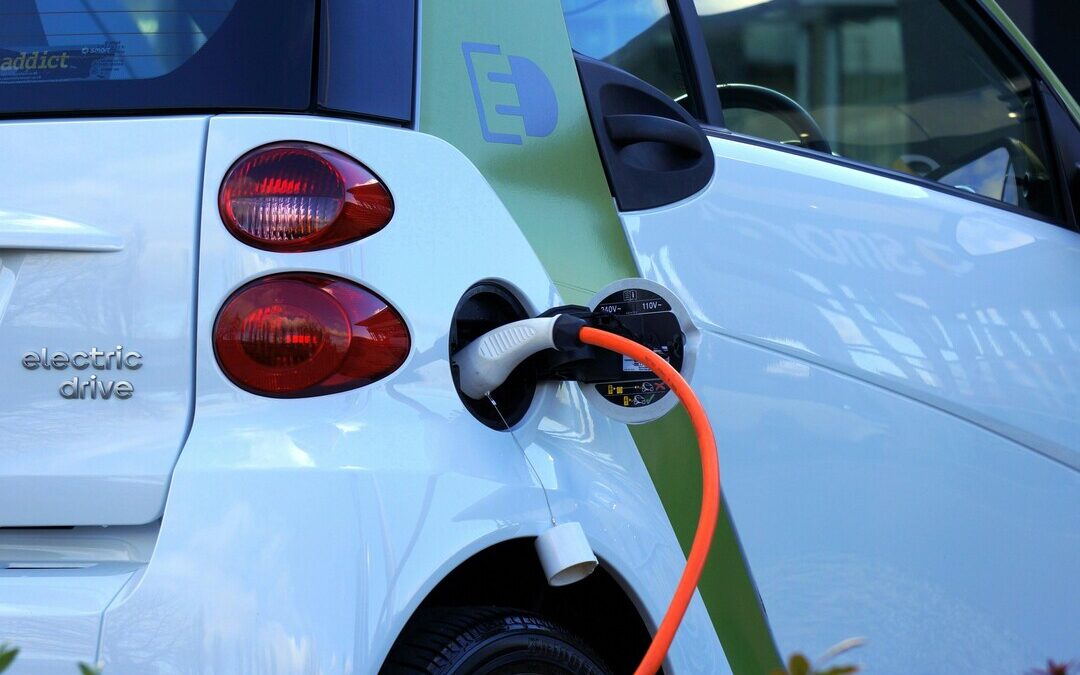UK’s BII Bolsters India’s Electric Vehicle Ecosystem with $33.5M Commitment
British International Investment’s fresh infusion in India’s Everest Fleet, TI Clean Mobility and Vecmocon to drive sustainable growth.
UK’s development finance institution, British International Investment, announced on Tuesday new investments of $33.5 million in India’s electric vehicle space, according to a press report.
The statement said these commitments will cover several facets of the electric vehicle value chain, focusing on accelerating sustainable growth, fostering innovation and combating India’s pressing air pollution crisis.
The fresh investments include $15 million in debt financing for Everest Fleet, $15 million in equity for TI Clean Mobility and $3.5 million for Vecmocon.
The report further said that BII’s total commitment to India’s EV sector stands at $328 million.
Driving Change Across the Ecosystem
Everest Fleet, a leading fleet management company with over 18,500 cars, plans to expand its electric fleet significantly.
BII’s funding will allow Everest to add 1,300 electric vehicles to its current fleet of 2,100 EVs, creating job opportunities for drivers in six major cities, including Mumbai, Bengaluru and Delhi.
Meanwhile, TI Clean Mobility, focused on manufacturing EVs ranging from three-wheelers to tractors, will utilize the investment to scale production and generate inclusive employment opportunities, besides developing a comprehensive platform for low-carbon transportation in India.
Vecomoon, a Delhi-based company that designs battery management systems, motor controllers and intelligent vehicle modules, will also use the funding to build its research and development capabilities.
The company, which also provides data-driven insights to make EVs more accessible, has enabled over 60,000 cars on Indian roads and hopes to penetrate the commercial EV market further.
India’s EV Ambitions Face Challenges
India urgently needs more electric vehicles to combat severe air pollution and achieve net-zero carbon emissions by 2070.
The government has set an ambitious target of 30 percent EV penetration by 2030 under the EV30@30 initiative. EVs account for approximately 6.4 percent of total vehicle sales in India.
However, the adoption of EVs in India faces several challenges, including high upfront costs, limited charging infrastructure and a lack of affordable vehicle financing options.
“Our strategy goes beyond manufacturing EVs. It focuses on making EVs affordable, creating sustainable jobs, and supporting the broader energy transition,” said Abhinav Sinha, managing director and head of technology and telecoms at BII, in the statement.
Strengthening UK-India Climate Collaboration
The announcement also highlighted the growing collaboration between the UK and India in addressing climate change.
“India’s drive toward sustainable mobility is a testament to its commitment to a greener future. Together, the UK and India are building a cleaner, more sustainable tomorrow,” said Sally Taylor, director of development, climate, science, and tech at the British High Commission, in the statement.
Expanding the Green Horizon
In the past 12 months, BII has provided new financing to LoadShare, one of India’s largest last-mile logistics providers, to expand its electric two-wheeler offering.
It has also invested in Euler Motors, a commercial EV manufacturer; Turno, an EV distribution and financing platform for small businesses and individuals; and Battery Smart, a battery-swapping network for commercial electric two- and three-wheelers.
The investment company is also supporting ChargeZone in building a network of over 10,000 charging stations by 2027.
In 2022, BII pledged $250 million to Mahindra & Mahindra’s passenger EV segment, encouraging them to lead the sector as a key enabler of India’s green transformation.
These investments aim to accelerate the growth of the EV ecosystem and embody a commitment to addressing the pressing challenges of air pollution and climate change.
Also Read:

